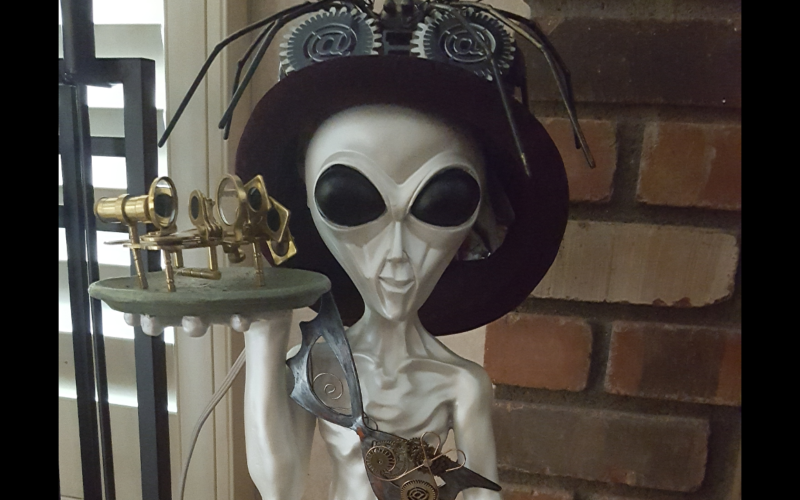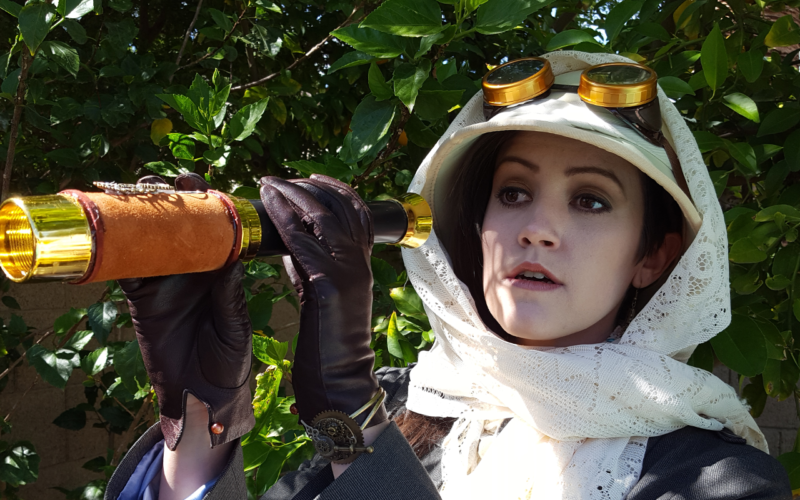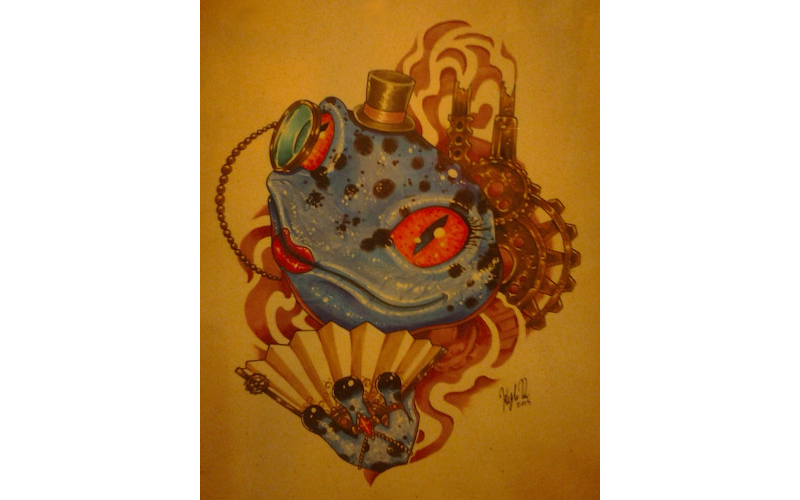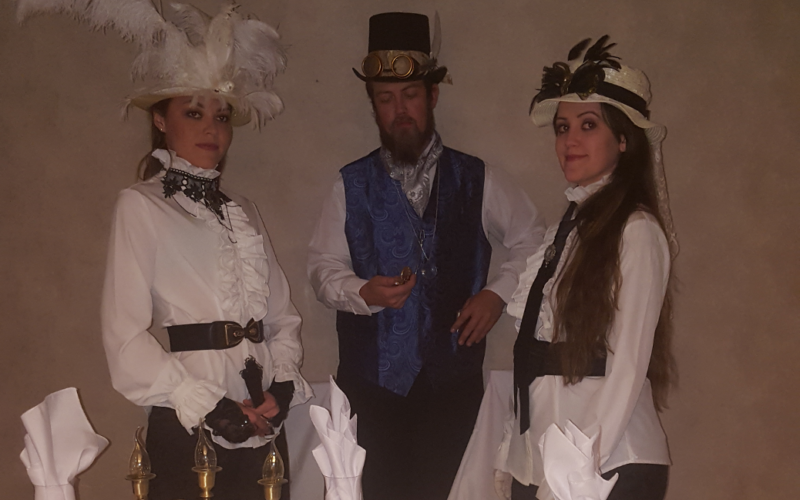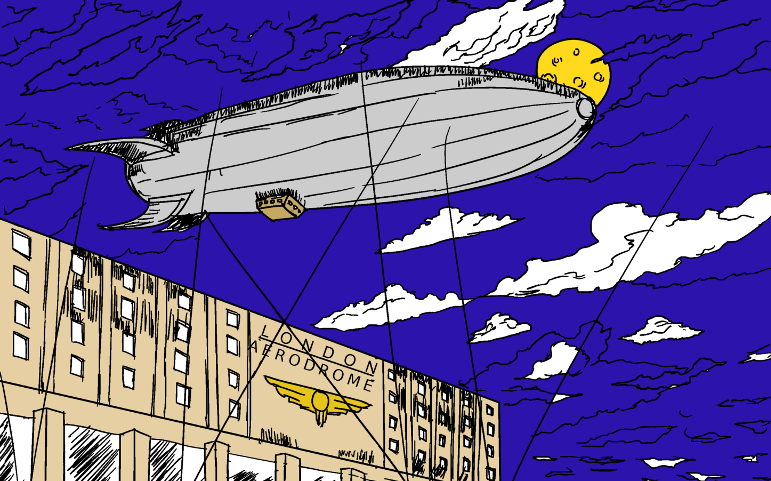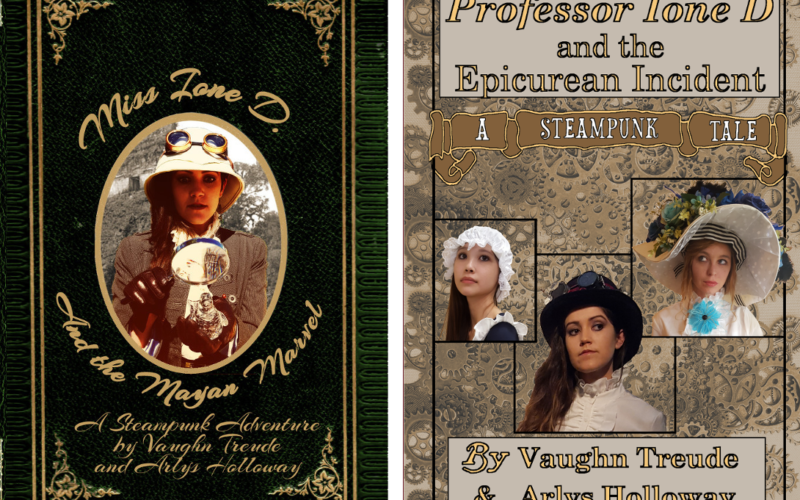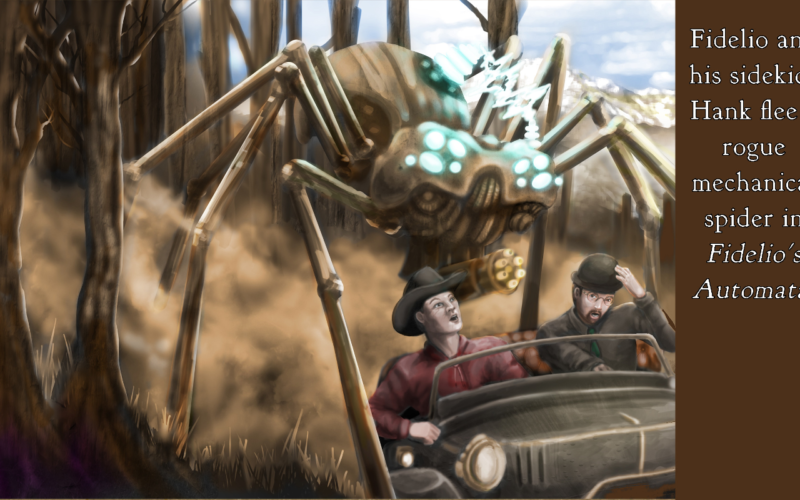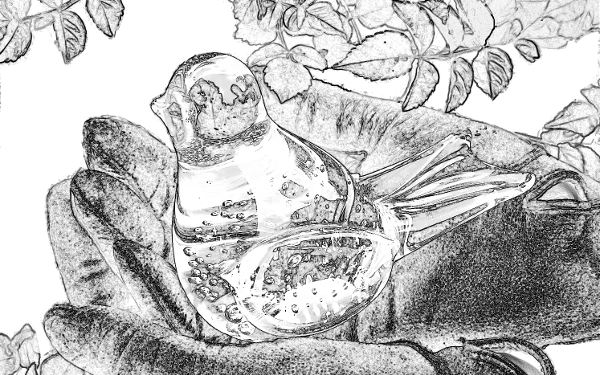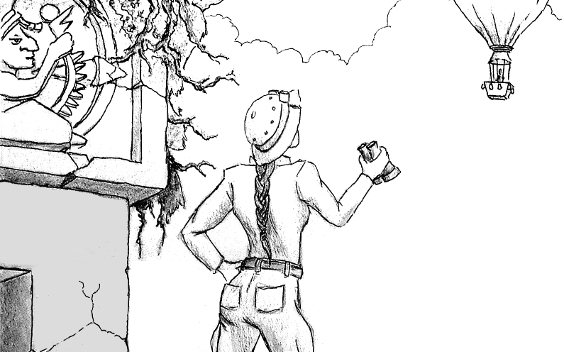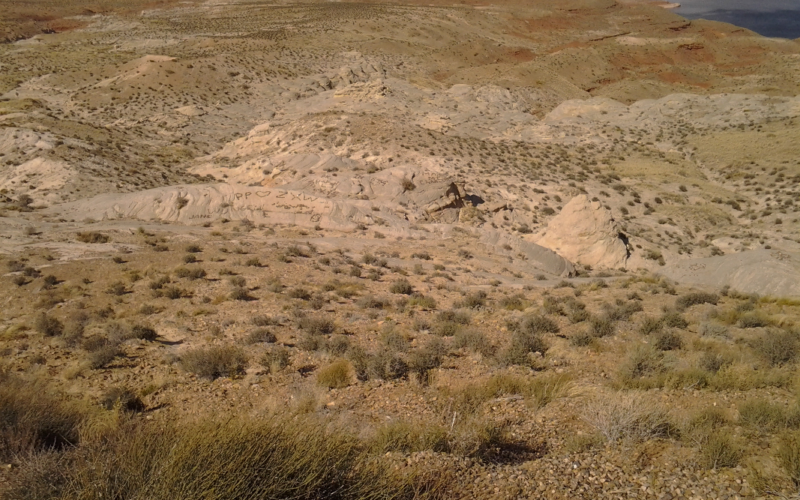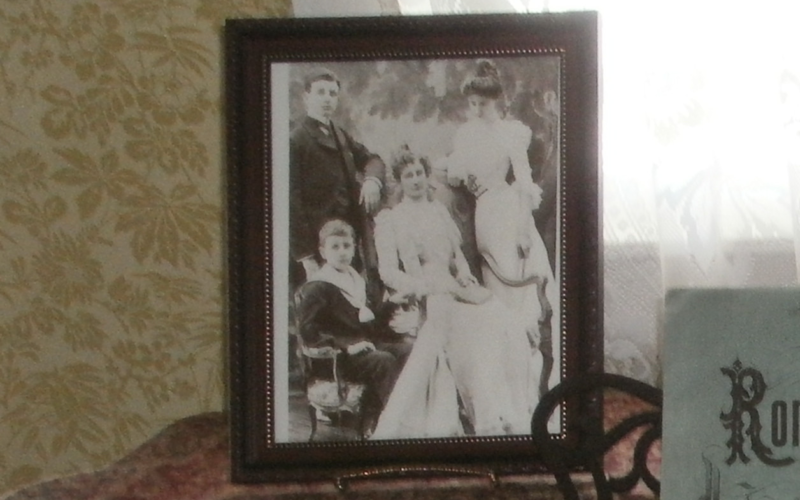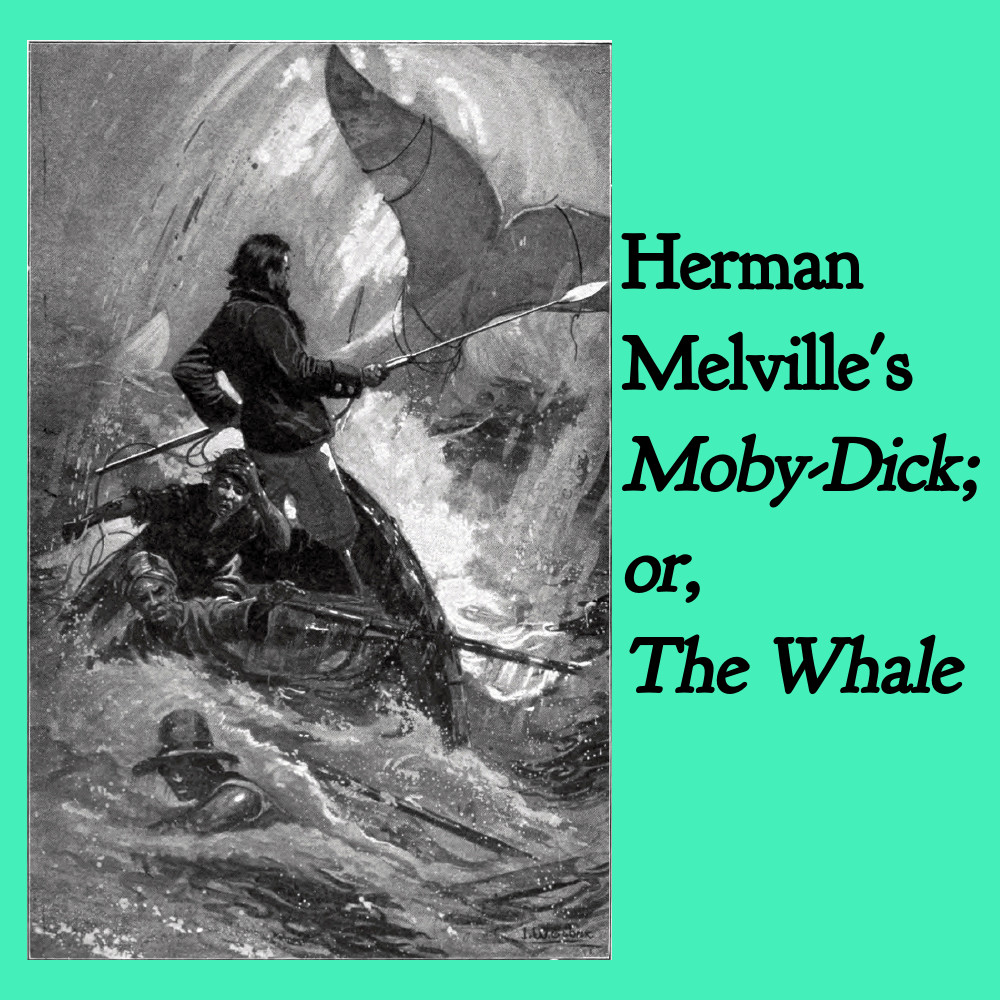
When I bought my Kindle nearly 10 years ago (I much prefer the old school version) the very first e-book I downloaded was Herman Melville’s celebrated novel, Moby-Dick. Why? I remembered a character in a Kurt Vonnegut story remarking that his life’s regret was never having read that book. Discovering the legendary tome to be rather slow-paced, I put it aside and didn’t return to it until quite recently. On my second try, I realized I’d misjudged this classic.
Yes, the book is slow-paced, particularly by modern standards. It is, however, not boring. It’s full of rich description, intriguing characters, and exciting action. Nor is it entirely serious. Melville’s wry sense of humor shows through in many places. Few books are as essential to understanding our national heritage. Though only the first few chapters transpire on American soil, this is a profoundly American book.
The book’s biggest downfall is its author’s thoroughness. Interspersed between the narrative, he includes dozens of asides on whales and whaling. He devotes an entire chapter, albeit a brief one, to the argument that a whale should be called a fish despite being an air-breather. Perhaps this is the reason the book was not a commercial success in Melville’s time, gaining critical acclaim many decades later.
I must confess that even on my second attempt, I would read the book for a couple days and then put it aside, like a mountain climber acclimating himself at the base camp of Everest. Perhaps I wouldn’t have persevered if not for my love of steampunk. Despite that genre’s fanciful modifications of the past, it has intensified my lifelong fascination with history. Of course, the events Melville wrote of were current in the book’s time (1851) and were chiefly allegorical in nature. In my view, Ishmael and the doomed Captain Ahab illustrate two sides of our national character – the practical man who takes care of business versus the obsessive (and vengeful) dreamer. The titular white whale is the reality that we Americans persist on dashing ourselves against.
At the time of Moby-Dick’s publication, censors in Britain removed “immoral” and “blasphemous” content from their local edition. Unfortunately, there’s nothing in it today’s reader would find remotely titillating. Though we modern-day cynics may be tempted to read something intimate into Ishmael’s relationship with the harpooner Queequeg, it certainly wasn’t there.
Speaking of Queequeg, I must note that Moby-Dick is a very diverse book, even by today’s standards. The Pequod’s harpooners consists of a Polynesian, a Native American, an African, and an East Indian. I believe this is historically appropriate in that men of all nationalities served on American whaling ships. The heavily tattooed Queequeg, in particular, is a fascinating eccentric character whom I wished would have gotten more pages in the story.
Sadly, generations of American schoolkids have dreaded being assigned this book. As much as I hate the idea of bowdlerizing the classics, Moby-Dick could have easily been the inspiration for Reader’s Digest’s series of “Condensed Books.” If we omitted all the asides about whales and whaling, which Melville helpfully segregates into their own chapters, the book would be at least 25% shorter and much more readable. I suggest that publishers mark these “background” chapters by printing them in a different font. E-books could include an option to either include or skip them.
The book’s only other flaw, besides giving Queequeg short shrift, is that a few of the scenes are difficult to follow. The most confusing involves Ahab and Pip, the black cabin boy whom the Pequod abandons at sea after his panicked jump out of one of the whaleboats. I had thought, did Pip drown? Is Ahab hallucinating his presence out of guilt? The Wikipedia article, however, assured me that Pip does get rescued but has been driven mad by his long hours alone in the water. This is why Ahab acts so uncharacteristically kind to him.
Despite its solid standing as a classic of American literature, I would honestly have to give Moby-Dick 3.5 out of 5 gears in its original form. Being an obsessive sort, I felt the obligation to slog through every word of it, including all of the extraneous chapters. If the modifications I suggested earlier were ever applied to make it easy to skip all those breaks in the story, it would merit a solid 5.

